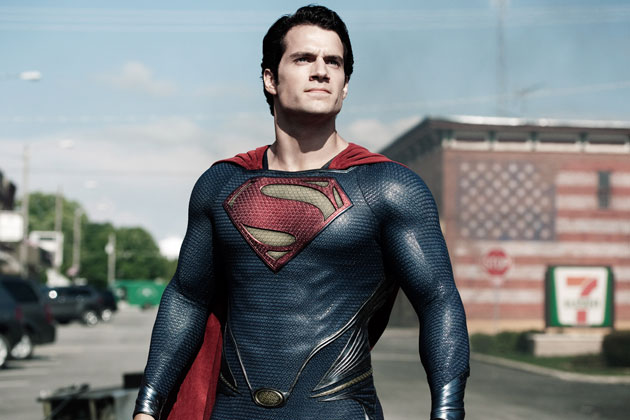This originally appeared on The Daily Life. Republished here with permission.
Last fall, I read that Princess Diana’s step grandmother Barbara Cartland had penned over 600 romance novels before she died in 2000. And now 57 of her unpublished manuscripts are being released as ebooks.
But before we clear our schedules to reacquaint ourselves with the Marquis de Longmember’s smouldering eyes and throbbing manhood, let’s get one thing clear: Why are so many of us drawn to brutish alpha male characters?
Even strong, assertive women are occasionally drawn to stories where a man dominates—sometimes even menaces—a seemingly independent heroine until she succumbs. As Germaine Greer wrote in The Female Eunuch, “I cannot claim to be fully emancipated from the dream that some enormous man, say six foot six, heavily shouldered and so forth to match, will crush me to his tweeds, look down into my eyes and leave the taste of heaven or the scorch of his passion on my waiting lips. For three weeks I was married to him.”
And it’s not just romance from the 1970s, 1980s, and1990s. The ridiculously successful Fifty Shades novels show that even modern-day thugs make our hearts flutter and our sacred womanhood tingle.
And age is no barrier. Successful romances targeted at young women—and read by their mothers—continue to stick to the same theme.
This brings us to a tiny conundrum—namely, should we feel guilty for finding “alpha males” attractive?
A friend and feminist writer tells me, “We know what we are supposed to think as good feminists. But these stories are pure escapism. It’s a guilty pleasure.” And the advent of eReaders means that we can enjoy this contradiction in private.
And I get that. Well kind of. I get that it’s escapism and fantasy.
What I’m still mystified by is why our fantasies of escape are centered around regressive stereotypes of masculinity? Why do we get turned on by fictional characters who, if they were real, would be issued restraining orders.
The resident evolutionary psychologists will answer that women are drawn to these literary and fictional figures because they speak to a deeper biological need: protection by a strong male.
But let’s face it: Despite sounding scientific, evolutionary psychology is nothing more than speculation. Why else would it so conveniently fit with every contemporary cultural stereotype about men and women?
Women live a cultural contradiction everyday. On the one hand, we’re taught to be authors of our own lives and destinies. On the other, we’re schooled from a young age to be attracted to men who are dangerous—or at the very least are necessary to save us Prince-Charming-style.
An extreme version of this contradiction we all live is illustrated by an article for Salon. Russian-American Diana Bruk writes about being turned on by a Russian man defending her honor in a fistfight.
At the same time, she cringed at his attempt to control her. “Did I tell you you could talk to him?!” he asked after the fight. Bruk goes on to describe the internal battle between her rational beliefs and her emotional desires.
From fairytales to pop music, women are encouraged to look to powerful, and often unavailable, men to approve of them, choose them, and save them. Why else would Lois Lane jump Superman—who offers little more than saving services—in a heartbeat, but yet barely tolerates the gentle, generous, and available Clark Kent?
I’m not suggesting that we should necessarily censor our fantasies or our reading material. But it is worth considering that this is not just about the men who make us blush, but also about the way we see ourselves.
The flip side of the bad boy/alpha male narrative is an illegitimacy about female sexual desire—that we are not capable or entitled to seek our own pleasure so it needs to be brought out of us, often against our better judgment, by a man. That idea that we need a man to save us, and often from ourselves, reinforces the stereotype of women being passive, weak, and inferior.
If we’re so conditioned that we need a man to possess us and “have his way with us” in order to get turned on—or worse, to validate our self-worth—then perhaps this fantasy is not as benign as we think it is.
Kasey Edwards is a writer based in Australia and author of 30-Something And Over It. You can follow her on Twitter here.
Related Links:

